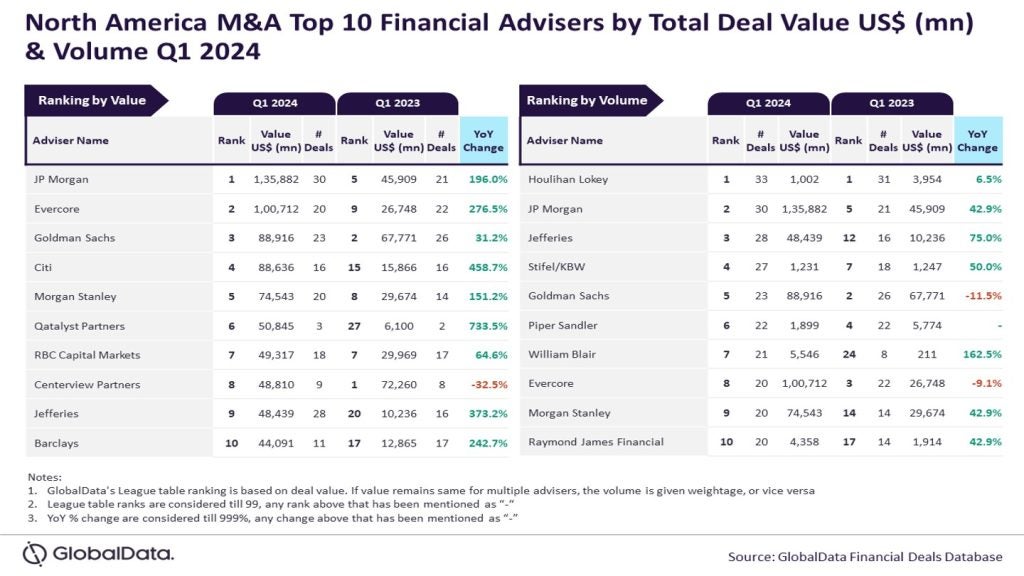The future of the healthcare industry will be shaped by a range of disruptive themes, with cloud being one of the themes that will have a significant impact on healthcare companies.A detailed analysis of the theme, insights into the leading companies, and their thematic and valuation scorecards are included in GlobalData’s thematic research report,Cloud Computing in Healthcare – Thematic Intelligence. Buy the report here.
Healthcare providers are extremely cost-conscious because they are under constant pressure to improve patient care while maintaining profitability. Cloud solutions support this by reducing the costs of in-house IT infrastructure. Cloud computing also greatly reduces the time required to deploy software, which can take months in on-premises deployments. Cloud software deployment and updates can be conducted remotely and typically very quickly, so employees can spend less time waiting and be more productive. Major categories of cloud solutions include infrastructure as a service (IaaS), platform as a service (PaaS), and software as a service (SaaS).
Healthcare is one of the biggest targets of ransomware attacks, in which hackers infect a computer system and demand payment to restore it. One of the best-known examples is the 2017 WannaCry attack, which affected over 200,000 computers in more than 150 countries, costing $126m in the UK alone and up to $7.9bn globally. As cloud adoption grows, developers are increasingly aware of security risks and how to combat them. Security measures for cloud include minimising attacks, controlling logins, and improving data encryption.
However, not all companies are equal when it comes to their capabilities and investments in the key themes that matter most to their industry. Understanding how companies are positioned and ranked in the most important themes can be a key leading indicator of their future earnings potential and relative competitive position.
See Also:
According to GlobalData’s thematic research report, Cloud Computing in Healthcare, leading adopters include: Allianz, AmerisourceBergen, Appian, Assicurazioni Generali, AXA, Express Scripts, Humana, MetLife, NIB (GU Health), and Ping An Insurance.
Insights from top ranked companies
Ping An Insurance
Chinese insurance giant Ping An Insurance built its own cloud computing system Ping An Cloud in 2013 and was able to utilise big data, AI, blockchain, and big data to support its business. In late 2018, the company formed a strategic partnership with GitHub to expand and open up their public cloud IaaS, PaaS, and SaaS services to external customers.
AXA has adopted IBM’s private cloud and AWS and Microsoft Azure for its public clouds. The company has also used Google Cloud to support projects. AXA store and manage data on private and public clouds, due to its high speed and security promises from IBM Microsoft Azure.
Microsoft provides cloud computing, AI, and voice technology to Humana. With Microsoft and Fast Healthcare Interoperability Resources (FHIR), Humana intends to develop predictive and intelligent technologies through Azure cloud.
To further understand the key themes and technologies disrupting the healthcare industry, access GlobalData’s latest thematic research report on Cloud Computing in Healthcare.
- Apple
- Accenture
- Cigna
- UnitedHealth
- Cleveland Clinic
- Munich Re
- Mayo Clinic
- Walmart
- Allianz
- One Medical
- Anthem
- LabCorp
- Walgreens Boots Alliance
- Tencent
- HCA Healthcare
- Assicurazioni Generali
- Quest Diagnostics
- Tenet
- Centene
- McKesson
- CVS Health
- Fresenius
- Kaiser Permanente
- Molina Healthcare
- DaVita
- CommonSpirit Health
- Apollo Hospitals
- Capsule
- Berkshire Hathaway
- Ramsay Health Care
Premium Insights
From

The gold standard of business intelligence.
Blending expert knowledge with cutting-edge technology, GlobalData’s unrivalled proprietary data will enable you to decode what’s happening in your market. You can make better informed decisions and gain a future-proof advantage over your competitors.
Frequently asked questions
-
1. How are Healthcare companies using cloud computing?
Healthcare companies are using cloud computing to store and share patient data between relevant stakeholders, allowing for a more scalable, cost-effective, and interconnected method of data management. Cloud computing also enables emerging themes such as decentralized clinical trials (DCTs) and virtual care.
-
2. How does cloud computing impact the Healthcare industry?
Cloud computing helps the healthcare industry address many of its challenges, such as COVID-19, workplace safety, and logistics, while enabling emerging themes such as continuous monitoring, smart supply chains, and virtual care. It also provides a faster, cheaper, and more agile approach to operating IT architecture and modernizing enterprise applications.
-
3. Who are the leading adopters of cloud computing in Healthcare?
AstraZeneca, HCA Healthcare, Ping An Group, CVS Health, and GE Healthcare are among the leading adopters of cloud computing in Healthcare.
-
4. Who are the leading cloud computing vendors in Healthcare?
Leading cloud computing vendors in Healthcare include Salesforce, Microsoft, Google, and SAP.
-
5. What is the Impact of cloud computing on the Healthcare sector?
Cloud computing helps resolve the challenges of the digitalization of health data by providing a more scalable, cost-effective, and interconnected method of storing and sharing patient data between relevant stakeholders. It also enables emerging themes such as decentralized clinical trials (DCTs) and virtual care.
-
6. What are the challenges with adoption of cloud in Healthcare?
The healthcare industry is often risk-averse compared to other sectors when adopting new technologies, primarily due to the tough regulations the industry faces. Moving data from in-house corporate data centers to the cloud can also increase the risk of cyberattack, and healthcare companies must choose cloud providers with larger cybersecurity budgets and tighter data governance protocols.
-
7. What is the projected market size of cloud in Healthcare?
Cloud services will be the largest area of cloud spending for healthcare providers, with revenues for IaaS, PaaS, and SaaS growing at a compound annual growth rate (CAGR) of 17.1% between 2021 and 2026. In cloud infrastructure, total global spending by healthcare providers on private cloud services, hybrid cloud services, and cloud management platforms will have grown at a CAGR of 13%.
-
8. Who are the leading specialist cloud vendors in Healthcare?
Specialist cloud vendors in Healthcare include Allscripts, Athenahealth, and INFINITT Healthcare.









